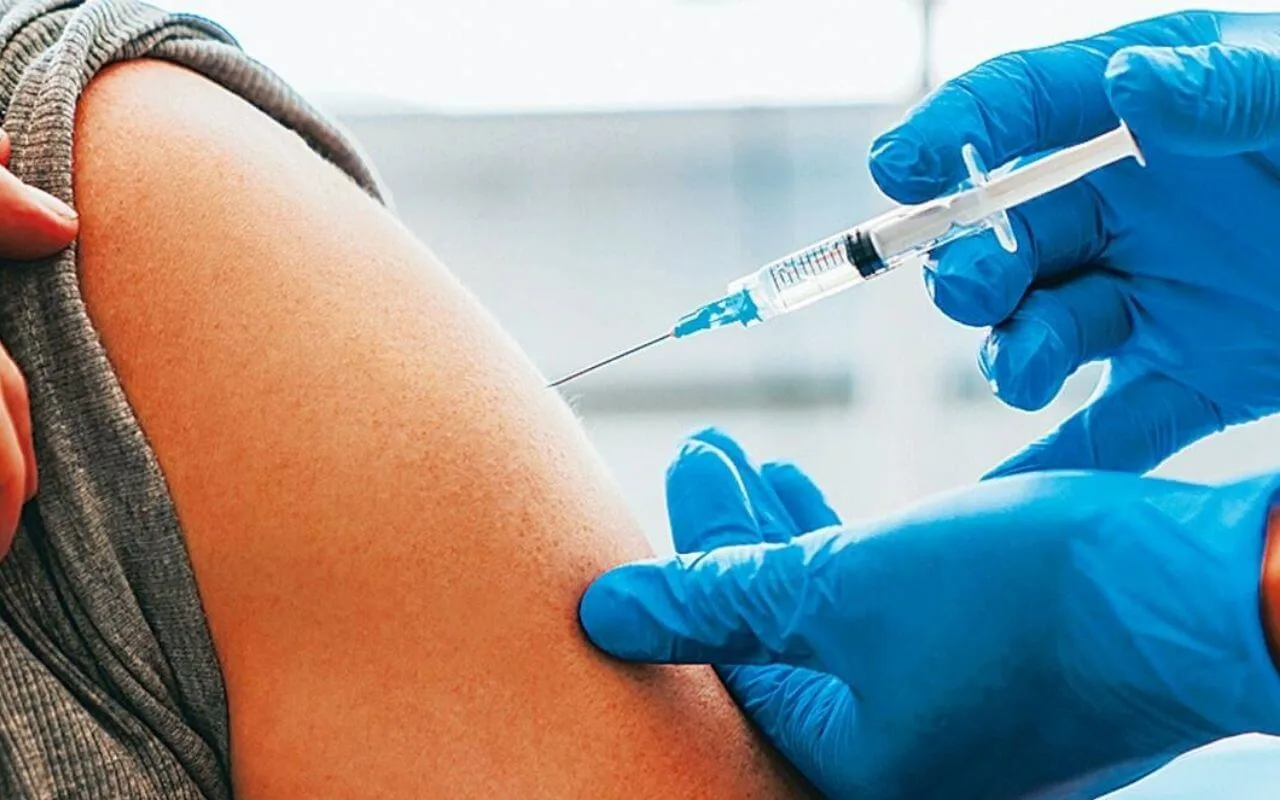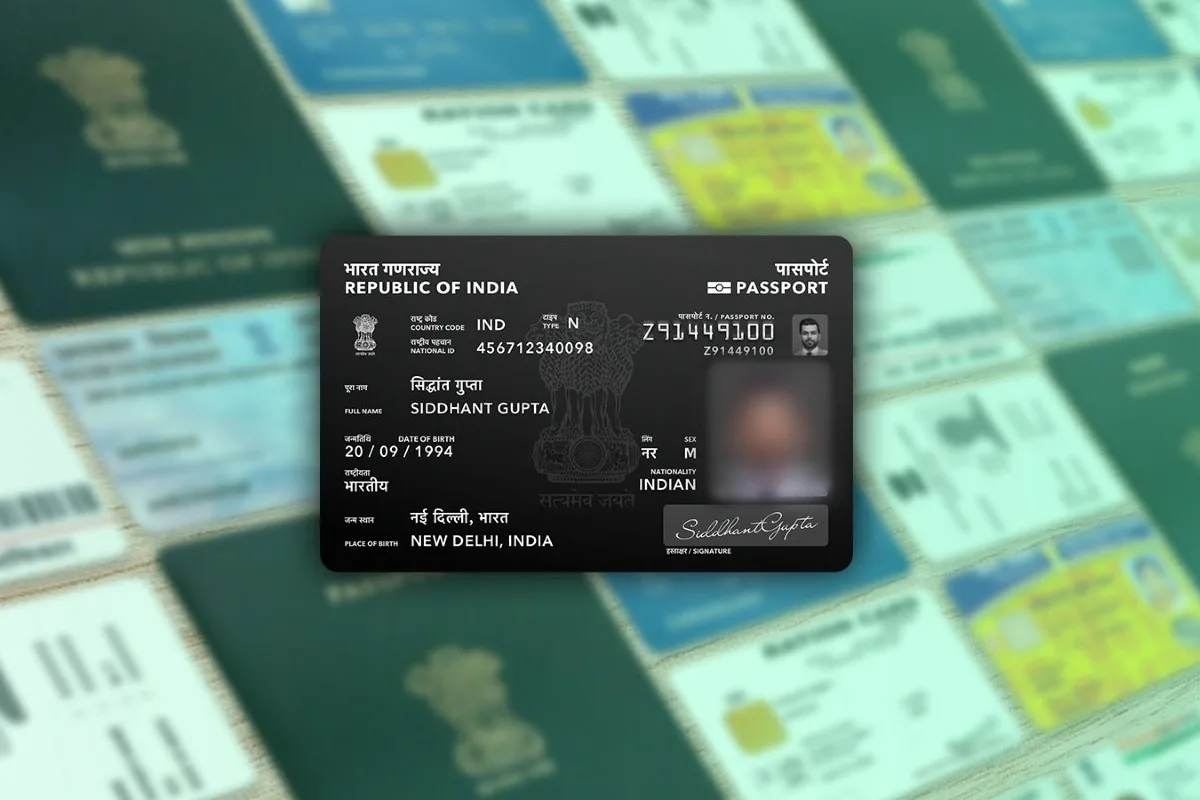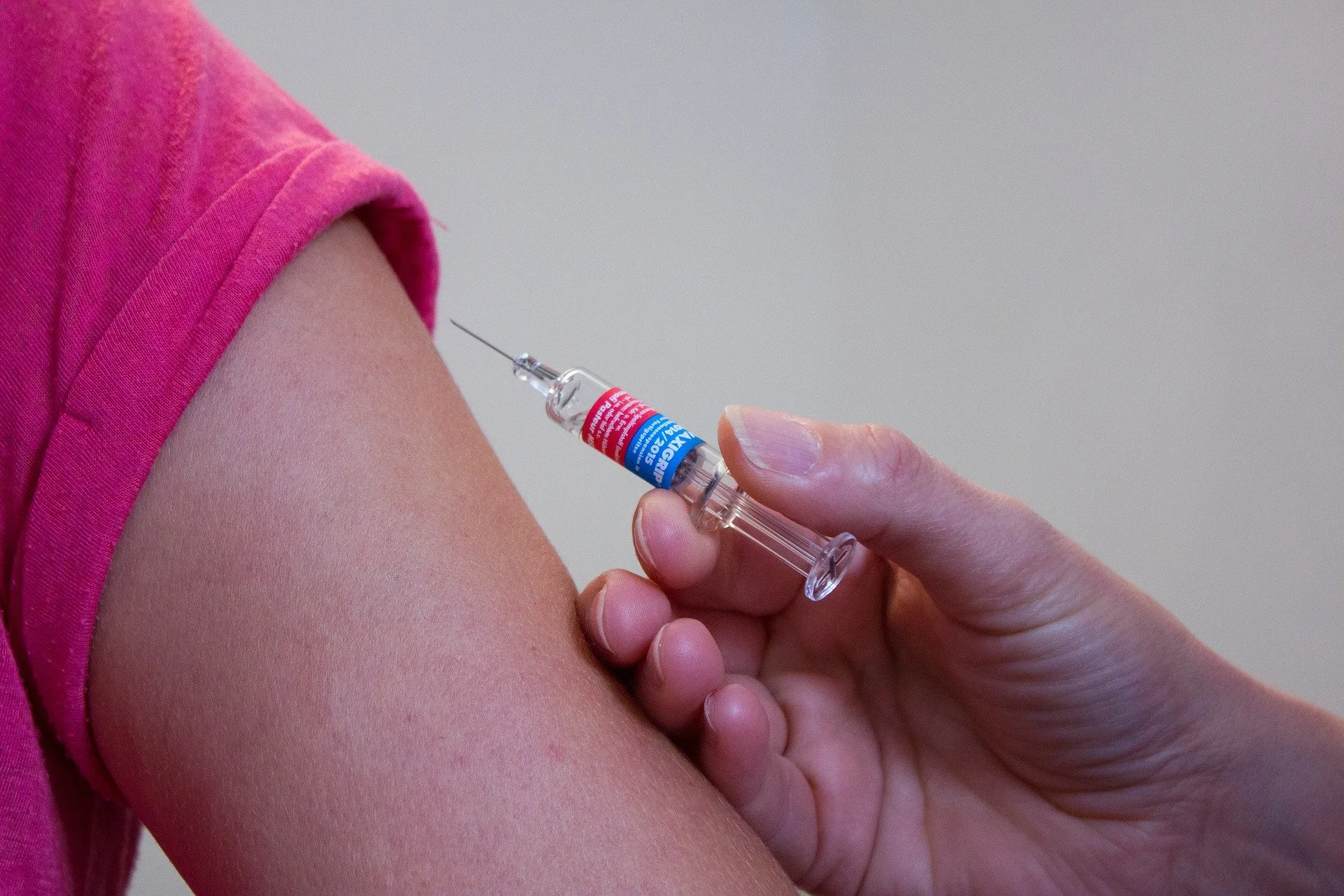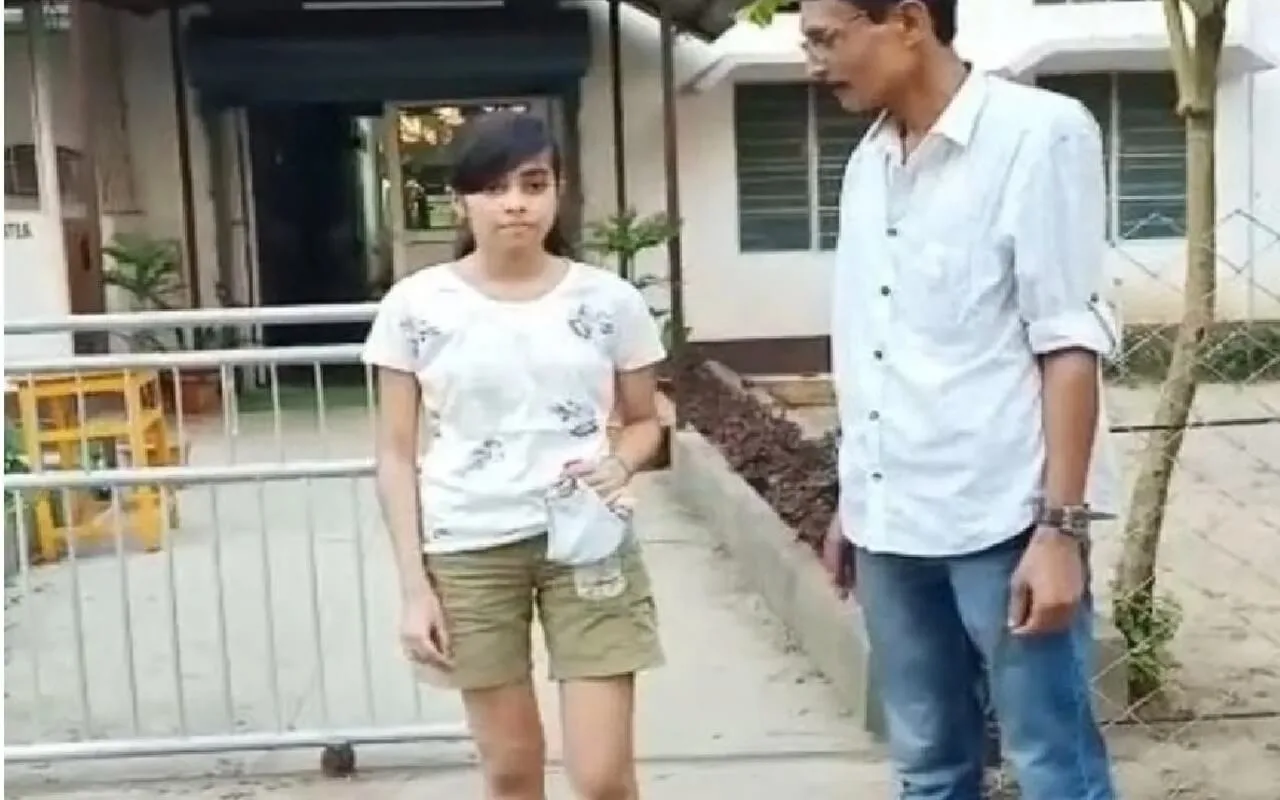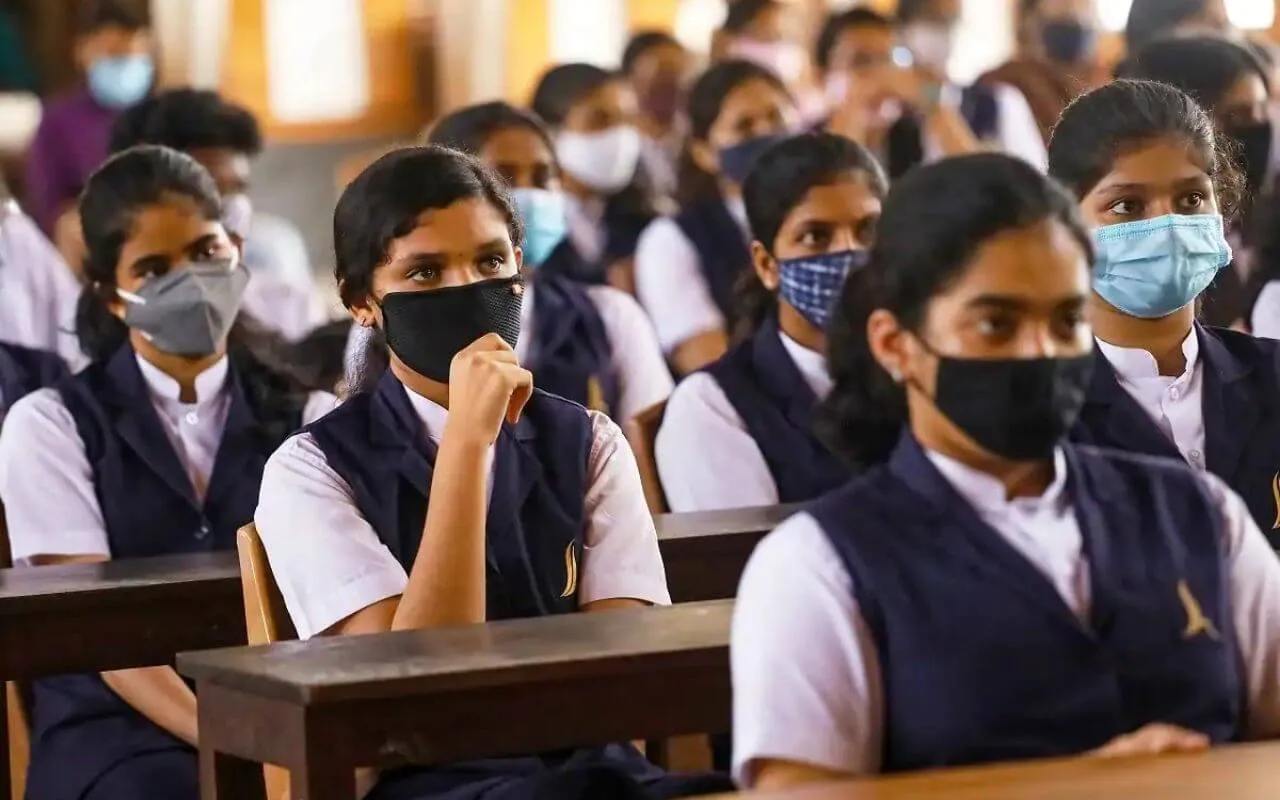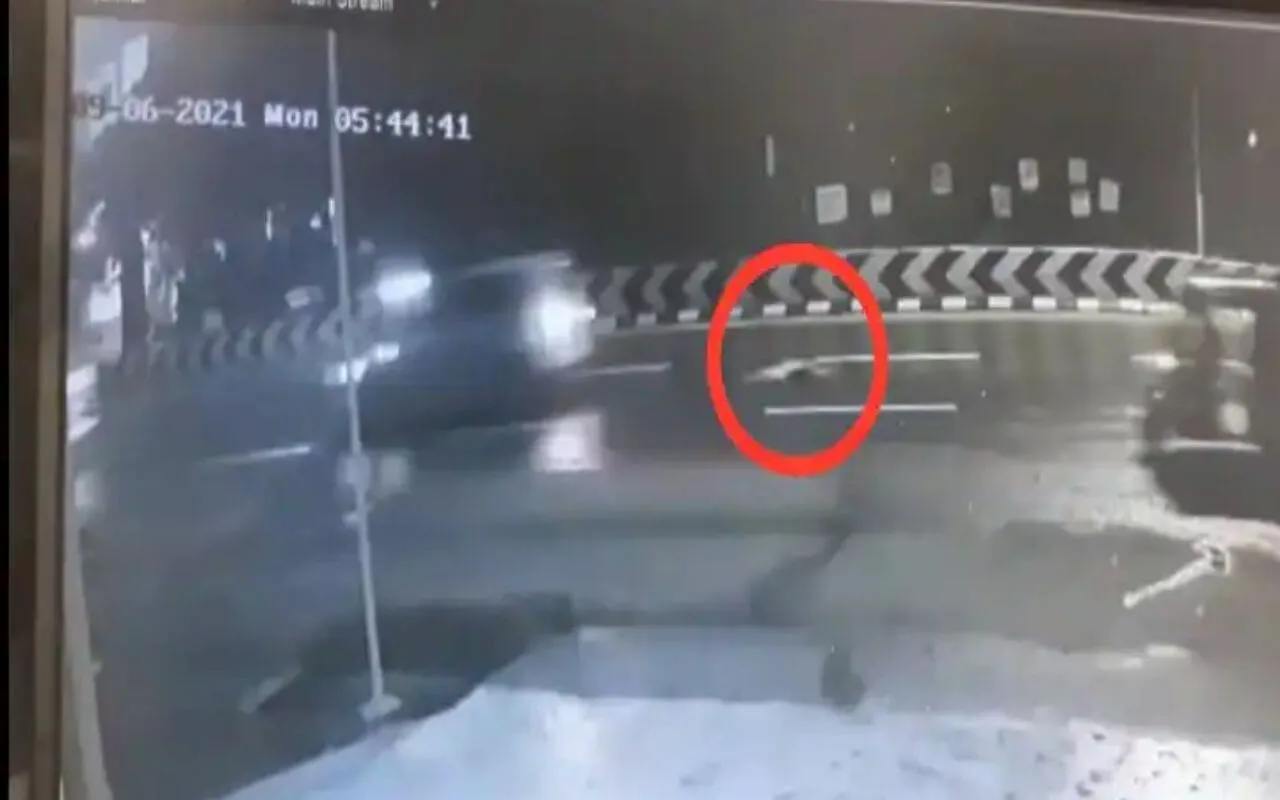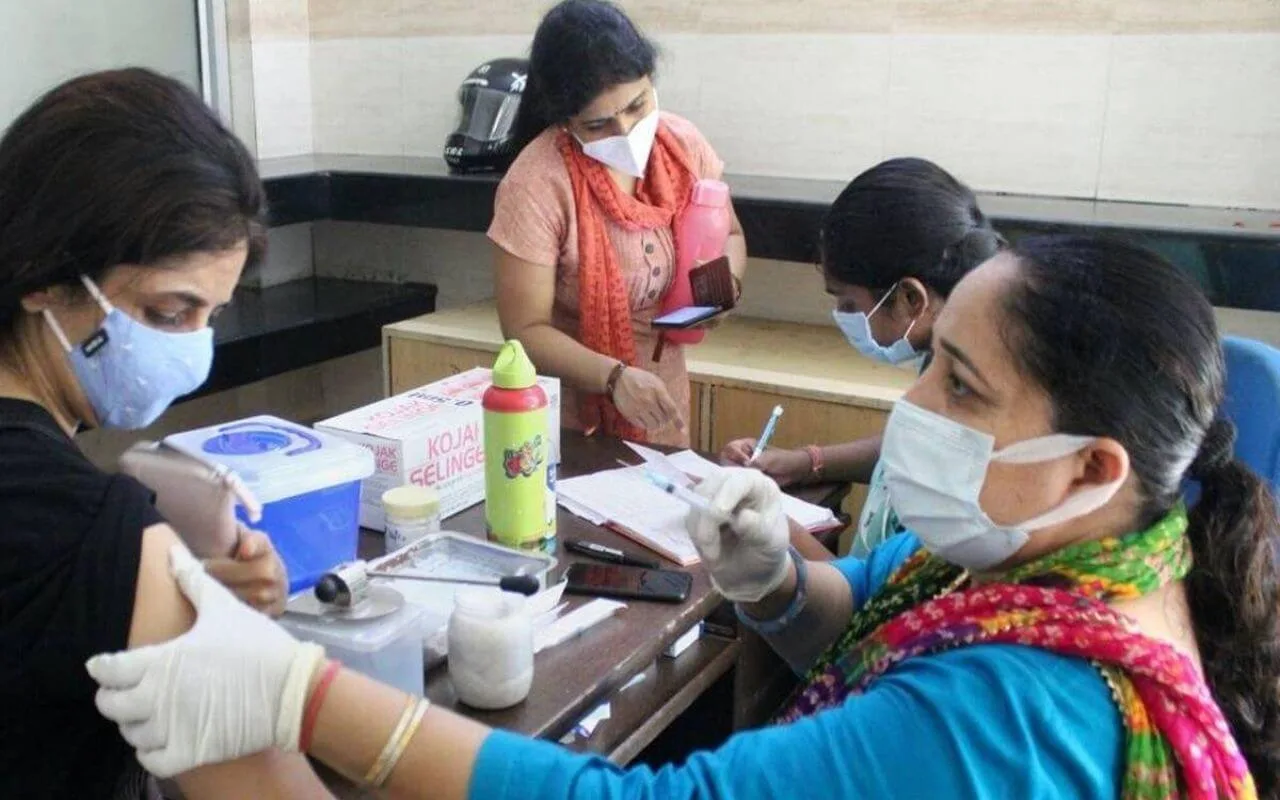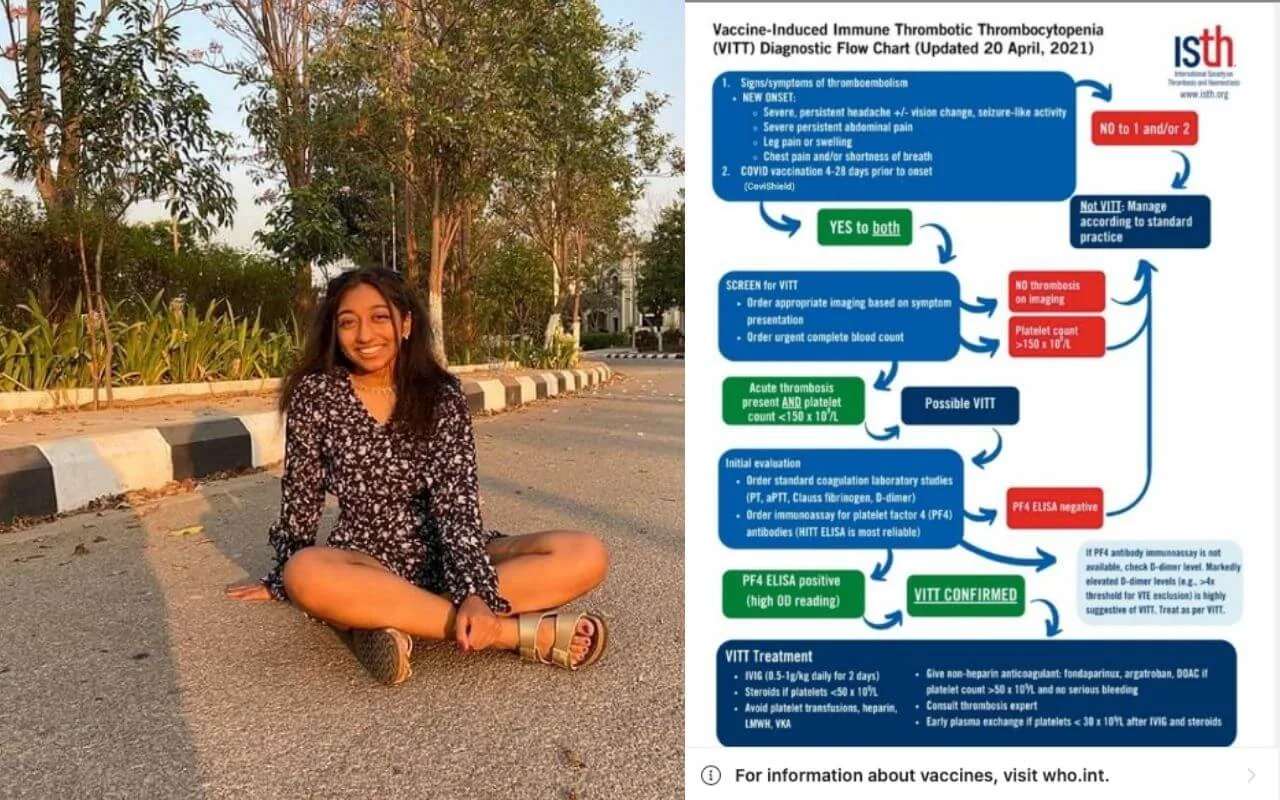The Covid-vaccines are in the news once again. This time it is with regard to concerns that the vaccines are causing potentially fatal side effects in people. But the fact of the matter is, contrary to it being the fault of the vaccine, these deaths are resulting from wrong techniques of administering the vaccine used by possibly untrained medical professionals while injecting a person.
Over the last few months, reports of vaccinated individuals both old and young, who died of a rare clotting condition, made their way into the headlines. This has created much apprehension in the minds of the people about the risks involved in taking the vaccine.
In May, an 18-year-old Italian woman died within 2 days after being vaccinated with the AstraZeneca or Covishield, as it is known in India. The woman, however, had an underlying condition of autoimmune thrombocytopenia (low platelet count) which may have led to her death.
But there have been a few other cases too, for instance, the case of 18-year-old Rithaika from Hyderabad who passed away in June despite being perfectly healthy. Similar was the case of two 46 and 52-year-old women in Australia.
This has been observed in the case of adenovirus-based vaccines such as AstraZeneca or Covishield, J&J, Sputnik jabs. The catch with adenovirus vaccines is that they are meant to be injected into the muscle rather than the bloodstream. Therefore, complications arise if an inadequately trained health worker injects into the blood vessels instead of the muscles.
Clinical research is done on mice in Germany’s Munich University and another research institute in Italy discovered that this very rare clotting condition following the adenovirus vaccine is a result of the vaccine being injected into the bloodstream.
The preprint posted on bioRxiv.org earlier this week stated that the study highlighted accidental intravenous injection as a potential mechanism for the post-vaccination thrombotic thrombocytopenic syndrome (TTS) also called vaccine-induced immune thrombotic thrombocytopenia (VITT).
A recent article published by The Times of India had Dr. Rajee Jayadevan, a member of IMA’s National task Force for Coronavirus explain the science behind it as follows- “If the tip of the needle doesn’t reach deep enough in the muscle or if it hits a blood vessel, the vaccine can be directly injected into the bloodstream. This can happen when the skin is pinched up by an inadequately trained health worker… When the skin is pinched up, the needle tip reaches only the subcutaneous tissue. When that happens, not only is the vaccine not absorbed properly, but rarely it can hit one of the blood vessels that travel through the layer located between skin and muscle which contains a network of blood vessels”.
Medical professionals and health agencies across the world maintain that this is a very rare condition. As per the data by AstraZeneca, so far in Australia, out of 2.1 million doses of the AstraZeneca vaccine, 24 cases of TTS have been reported. So the risk of TTS is approximately one in 88,000. These figures are similar to those reported in the UK, Europe, the Middle East and Canada.
The Union health ministry last month said that the number of blood clot cases in people who received Covishield in India was “minuscule”. The ministry also released a list of suspected blood clot symptoms to watch out for after taking Covishield. They reported that the first 20 days post-vaccination were most crucial in this regard.
It is understandable that in this case, people will be fearful about the virus. However, experts have said that humans are vulnerable to much more severe cases of clotting and thrombotic disorders caused by a Coronavirus infection. Vaccines are therefore our best bet.
Transparency is crucial in this regard. It is essential for the government, vaccine companies, and healthcare centers to be open about the possible risks involved in the inoculation process, both minor and severe side-effects of the vaccine and other risk factors, rather than giving the public false assurances to coax them into taking the jabs.
Information and awareness are paramount. An informed citizen will know what symptoms to look out for, and be alarmed at the right time. It is very much possible to adequately treat clots provided, the diagnosis happens at an early stage. Therefore, empowering the people with knowledge will ensure timely action, and lives can be saved.

